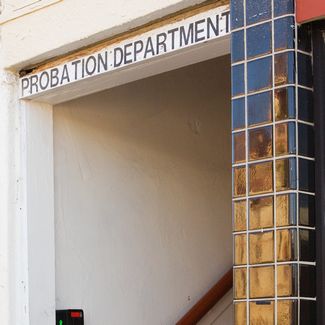
Probation officers are vital members of the criminal justice task force for helping with inmate rehabilitation, monitoring criminals to prevent the occurrence of new crimes, and ensuring that offenders are not a danger to the community.
Daily Duties for Probation Officers:
- Assessing criminal offenders’ history to determine the best plan for rehabilitation to prevent relapse
- Designing individualized treatment plans for offenders placed on probation
- Referring offenders to community resources, such as job training courses or mental health programs
- Screening offenders for drug or alcohol use with electronic testing devices and offering substance abuse counseling interventions when necessary
- Monitoring post-release offenders to reduce the risk of that person returning to prison
- Conducting meetings with offenders and their family or friends to build strong support systems outside the prison walls
- Maintaining detailed written records or reports on the progress of offenders
Probation Officer Job Description
Nearly all probation officers are employed by local, state, or federal governments to work directly with offenders in the criminal justice court systems. During their daily duties, it is common for probation officers to interact with family members, friends, law enforcement officers, and various healthcare professionals aiding in the offenders’ rehabilitation.
While many probation officers are employed on full-time schedules, the demands of the job typically lead to working long hours to meet court-imposed deadlines and finish extensive paperwork. In addition, when probation officers are on call, they must respond to any issues with criminal offenders under their supervision around the clock.
Skills Needed to Be a Probation Officer
While some employers may require a master’s degree, most probation officers usually possess a bachelor’s degree in social work, criminal justice, psychology, behavioral sciences, or a similar related field with licensure. Due to the challenges of working with offenders, most parole officers must also have prior work experience or on-the-job training in probation, corrections, criminal investigations, substance abuse treatment, social work, or counseling.
In order to successfully fulfill the daily duties of the profession, parole officers must have communication skills to effectively interact with offenders, critical thinking skills to determine the best resources for rehabilitation, and organizational skills to manage multiple cases at once. Furthermore, successful parole officers must have tremendous amounts of emotional stability, trustworthiness, patience, and compassion for coping with often upsetting circumstances.











